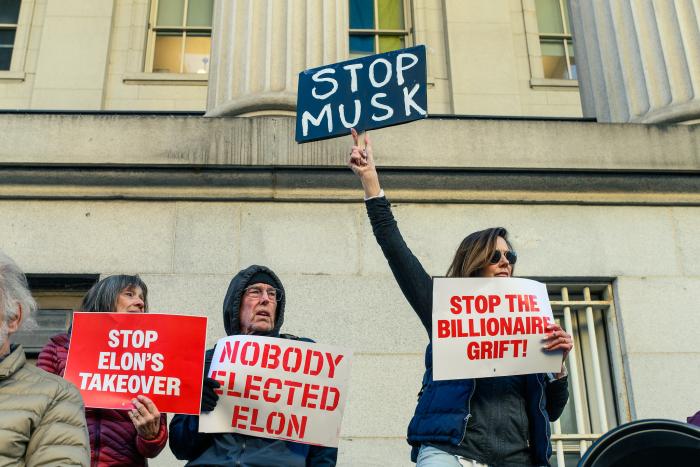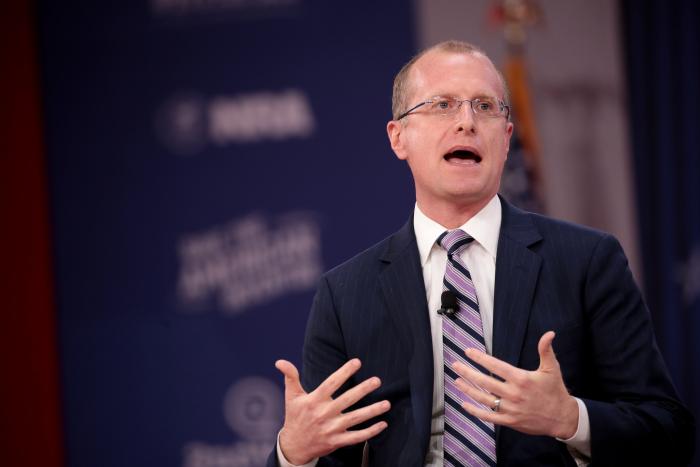AT&T-Time Warner Merger Approval Fails to Acknowledge Deal's Harms
WASHINGTON — On Tuesday, U.S. District Court Judge Richard Leon announced his decision to approve the merger of AT&T and Time Warner without conditions, thereby rejecting the Justice Department’s lawsuit against the deal.
The deal is valued at more than $107 billion, including equity and debt, as AT&T will acquire Time Warner’s vast content empire, which includes CNN, HBO, the Turner cable networks and movie studios.
Free Press Policy Director Matt Wood made the following statement:
“We disagree with Judge Leon’s decision, but it wasn’t an unexpected outcome. Unfortunately, the Justice Department brought a very narrow case against the merger, choosing to focus solely on AT&T’s incentives to foreclose other cable distributors’ access to cable programming.
“This deal’s likely harms are much broader. DoJ didn’t raise the very likely potential for AT&T to use its market power to favor online content and over-the-top video services it owns. This was a central issue even in the Comcast-NBCUniversal merger, the last massive vertical merger between a broadband company and content company.
“Now that AT&T is free for the time being of all federal Net Neutrality obligations, there is literally nothing stopping it from using its power in the broadband market to discriminate and favor its own content and services. Perhaps DoJ declined to focus on this probable harm because of the Trump administration’s hostility to the very popular Net Neutrality rules that the FCC just repealed.
“But the harms that DoJ ignored don’t stop there. AT&T’s trial testimony made clear that it views this deal as a way to increase its profits from targeted advertising. AT&T, unlike other edge-company advertising giants, has knowledge of every click its broadband customers make. With the dismantling of the FCC’s 2015 privacy protections, a combined AT&T-Time Warner will be able to surveil its customers across the entire internet and target ads to them in ways that even Google and Facebook would be hard-pressed to match.
“We know all too well that privacy invasions are more than just a nuisance for low-income populations, communities of color and other marginalized groups. They’re a source for surveillance of and discrimination against the demographics that advertisers sometimes unfairly target and just as often exclude or ignore.
“This merger will further strengthen AT&T’s overall market power, making it far more difficult for rivals to compete against it in any of its business lines. That DoJ ignored this aspect of the deal speaks to the need for policymakers to rethink our nation’s approach to antitrust in a hyper-converged market mediated by ad dollars.
“Today is a bad day for all internet users and media consumers. The Justice Department’s failure to bring a winnable case will now set off a wave of communications and media consolidation that was unthinkable even a few years ago. All of us, regardless of our broadband carrier and no matter what we watch, are about to see higher bills, fewer choices, worse quality for competing options and a further erosion of our privacy rights.”





